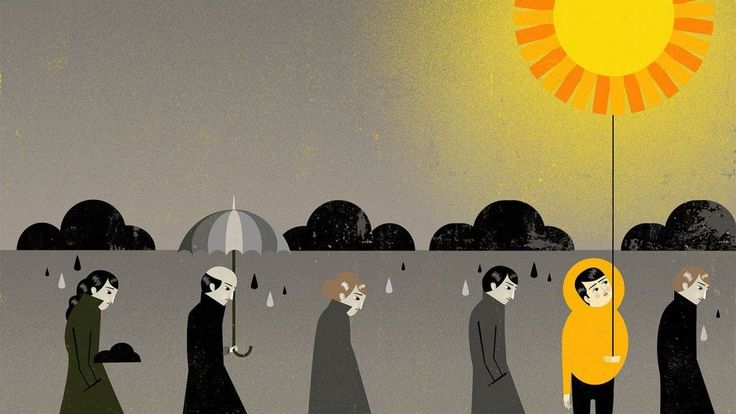The changing seasons affect not only our environment but also our psychology and emotional state. The transition from winter to spring is a prime example of how nature affects our mood, vitality, and overall mental health.
1. Winter – A Time of Introversion and Reconstruction
Winter is characterized by cold temperatures, shorter days, and reduced sunlight. The lack of natural light can reduce the production of serotonin, a neurotransmitter associated with mood. Many people experience seasonal affective disorder, which causes feelings of fatigue, melancholy, and reduced energy. However, winter is also a time for reflection, rest, and reconnecting with ourselves.
2. Spring – Rebirth and Mental Well-Being
With the arrival of spring, nature is reborn, the days grow longer, the temperature rises and colors flood the landscape. The increase in sunshine increases the production of vitamin D, which is associated with improving mood and reducing stress. Spring nature encourages physical activity outdoors, such as walking, cycling or sports, which promote the secretion of endorphins and reduce stress. The awakening of nature acts as a reminder of renewal and hope, positively affecting human psychology.
Mental Health Benefits of Seasonal Changes
Improved Mood: The change of seasons, and especially the transition to spring, leads to increased levels of energy and optimism.
Stress Reduction: Nature provides a calming environment, helping to reduce levels of cortisol, the stress hormone.
Revitalization and Motivation: Seasonal changes encourage us to set new goals and try new activities.
Connecting with Nature: Contact with the natural environment helps reduce symptoms of anxiety and depression.
Consciously connecting with nature and adapting to seasonal changes can act as a natural “antidepressant,” reminding us of the constant flow and regeneration of life.

